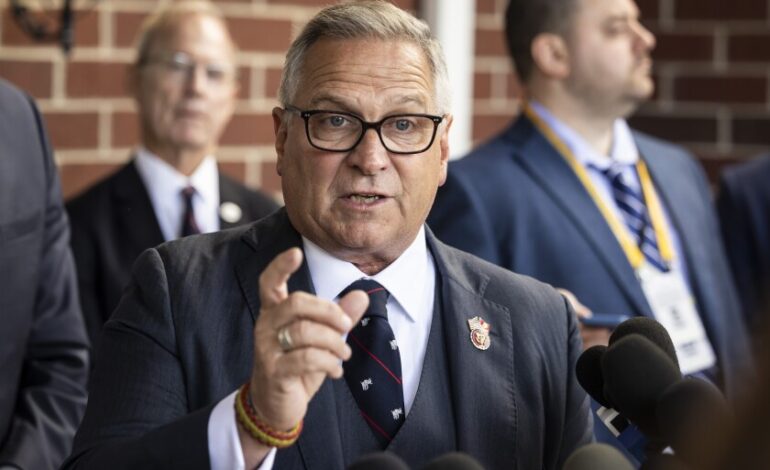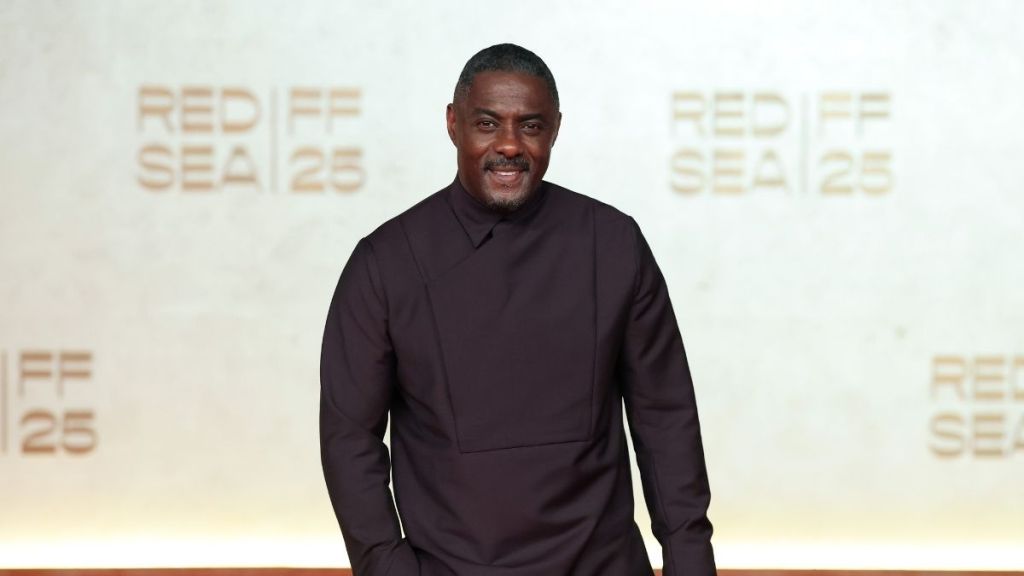Supreme Court Considers Congressman Bost’s Mail-In Ballot Challenge

U.S. Representative Mike Bost presented his case to the U.S. Supreme Court on Wednesday, advocating for the ability of political candidates to challenge the counting of mail-in ballots received after Election Day. Bost’s argument hinges on the claim that late-arriving ballots could undermine electoral outcomes, particularly in competitive races. The court’s conservative majority, comprising six justices, showed a willingness to allow the congressman’s lawsuit to progress, potentially paving the way for similar legal challenges across the country.
Bost’s attorney, Paul Clement, contended that the congressman has suffered reputational damage and financial burden due to the late arrival of ballots, which he argues narrow his margin of victory. Specifically, he stated that the extended campaign period imposed additional costs, as Bost had to continue paying his campaign staff for an extra two weeks. Under current Illinois law, mail-in ballots postmarked by Election Day are counted if received within fourteen days after the polls close.
During the two-hour hearing, the justices explored the fundamental question of Bost’s legal standing to challenge the Illinois statute. “A longer campaign is a more expensive campaign, and that classic pocketbook injury is sufficient to give Congressman Bost standing,” Clement argued. His remarks opened the door for justices to consider how candidate standing could evolve in election law litigation.
On the opposing side, Jane Notz, Illinois’ solicitor general, asserted that Bost’s claim of harm was largely theoretical. She cautioned that allowing his lawsuit to proceed could lead to a surge of litigation over election rules, creating chaos for election officials and inundating federal courts with disputes. Notz emphasized that Bost’s proposal for a broad candidate-standing rule would impose significant burdens on the electoral process.
Chief Justice John Roberts expressed concern over the implications of the case, suggesting that the criteria for candidate standing could lead to inconsistent and unpredictable results. “What you’re sketching out for us is a potential disaster,” Roberts stated, questioning whether only narrow margins should qualify for standing. He pointed out that candidates often perceive their chances to win differently based on various factors leading up to an election.
Justice Brett Kavanaugh added to this sentiment, highlighting that unexpected outcomes can occur even in races where candidates appear significantly behind. In contrast, Ketanji Brown Jackson, a member of the court’s liberal wing, challenged the premise that a candidate’s victory margin could be diminished by the regulation of mail ballots.
Justice Elena Kagan also criticized Bost’s lawsuit, suggesting it sought to address a non-existent issue. “You’re asking to create a whole new set of rules when everything has been proceeding just fine,” she remarked, reiterating that candidates who genuinely face harm from election rules already possess avenues for legal recourse.
The Supreme Court is expected to reach a decision on this case by spring 2024, following the Illinois primary elections scheduled for March 17, 2024. As the justices deliberate, the outcome could significantly influence voting regulations and candidate rights across the United States.






